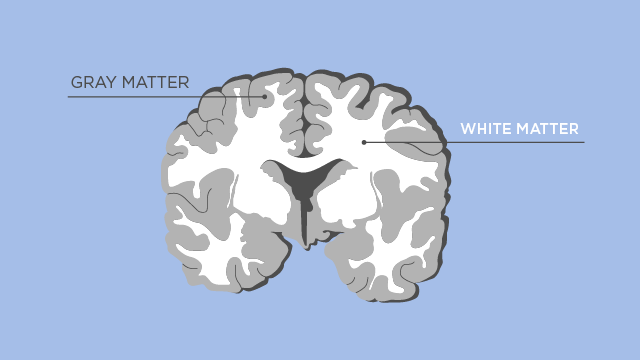My ADHD Journey
- Fleur Perry

- Feb 5, 2021
- 2 min read
On the surface, I did well at school. I loved reading and was creative. Apart from comments that I talked lots in class, or would doodle in my workbook, my school reports were good.

"No-one realised how hard I worked to keep up."
Primary school was OK, but when I got to secondary school I had to work harder. I was never on time. I focused lots on projects, yet couldn’t focus in class. Outside lessons, I was teased for being overly emotional and hyper, and didn’t have many friends.
The chaos peaked GCSE year. That year I watched Stand Up to Shyness, a documentary by Rhod Gilbert. He got scanned to see if shyness shows up in the brain. Instead, he was told he probably had ADHD.
I took an online test (the first test I got full marks in), then asked my parents about it. Apparently I’d been screened at 7, but the doctor said my symptoms weren't severe enough - I did well in school, so couldn’t possibly have ADHD.
I saw a doctor after GCSEs, but got a dyspraxia diagnosis and a CAMHs referral for social anxiety instead. These diagnoses were useful, but didn’t answer everything. Then my dad got an ADHD diagnosis, so I tried again. While I was waiting, my mental health was at its worst.
"I got put on a 6-month waiting list… for the wrong department, and was told I had to wait 3 years."
My parents barely had enough, but we paid for a diagnosis instead of waiting and letting my mental health deteriorate. Again, I got full marks. I was told I have moderate ADHD (combined type), and I cried.

That was 6 months ago. I’ve started medication. I get study support at university. My mental health isn't always great, but a lot better. I have an explanation for my anxiety now.
There’s not always a root cause. But if this resonated with you in any way, you could have a neurodiversity. This applies for any neurodiversity: many undiagnosed autistic people (especially women) mask their symptoms, so present them differently. Talk to a doctor - my experience with the NHS isn’t universal. Take evidence (from school reports, parents, partners, your own experience).
"You deserve an answer, support, and happiness."
ReplyForward









Comments